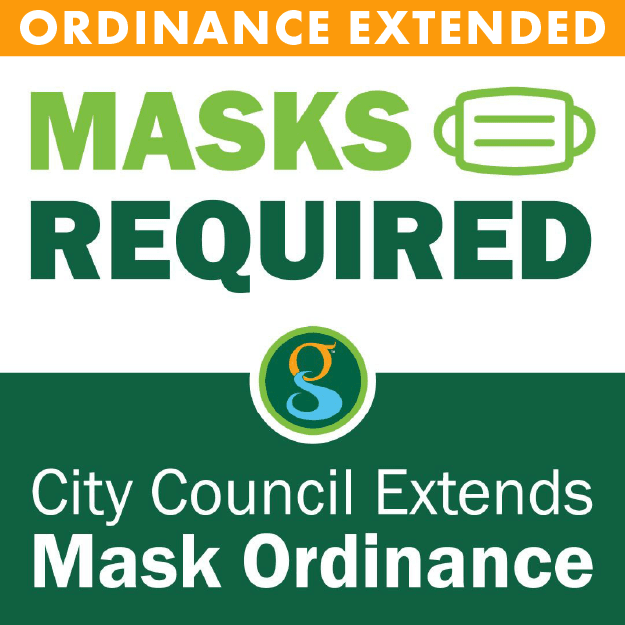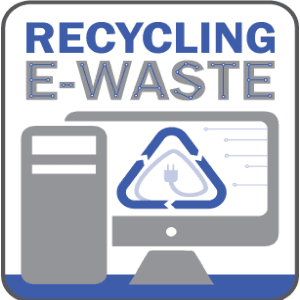
As the coronavirus outbreak spreads, the number of event cancellations, business closures and work-from-home directives are increasing. But what if your job doesn’t allow working from home? Workers in the service industry are already feeling the heat as people opt to stay home to lessen their chances of getting sick. Ubah Dahran, a ride-sharing driver in Washington state, told KCPQ that in one day, she made less than $15. “It’s very tough for me,” she said. “I did pay my bills for this month, but I don’t know about next month.” Ahmed Mahamud, another ride-sharing driver, is in the same boat. “I have no fear from the coronavirus because of what I have back home. I have no food on the table. I have no money to pay rent,” he told KCPQ. “I made $18.17 in a whole day.” Ride-sharing companies, like many employers, are handing out extra cleaning supplies for employees. But Mahamud said customers are playing it safe. “Since the virus is getting worse and worse and worse, people are not coming out at all,” he said. Although she’s willing to work through the coronavirus outbreak, Dahran said she’s not sure what other options she has. “I don’t know what to do,” she said. “And I cannot sit at home, I mean because I have four kids. I have to feed my kids.” The U.S. Department of Labor has announced new guidance for unemployment insurance flexibilities during the coronavirus outbreak. If employees are laid off and didn’t receive their last paycheck, immediate payment may be required by state law, but is not federally mandated.Federal law does not require employers who are unable to provide work to pay employees for hours they would have worked if the outbreak weren’t ongoing. The new guidance under federal law, does however, allow states to pay unemployment benefits in states where the following has occurred: • employers temporarily stops operations due to the coronavirus, preventing workers from coming to work. • employees are quarantined and expected to return to work after the quarantine is over.• an employee leaves work due to risk of exposure or infection, or to care for a family member. Affected employees should contact their state labor office for clarification and to ask about specific benefits available to them. Financial planners are advising people to prepare their bank accounts for the effects of the coronavirus. Ryan Marshall, a financial planner based in New Jersey, told CNBC that it could be wise to pause on investing and keep money in a safer place like a savings account. Shawn Melby, a Nashville-based financial planner, told CNBC it’s smart to build up an emergency savings account with 3 to 6 months’ worth of expenses in case of an unexpected layoff. When it comes to sacrifices, Melby said halting recurring subscriptions and memberships is a good place to start. For anyone hoping to extend a helpful hand to others facing layoffs or a reduction in hours due to the coronavirus, there are a couple options. Here are a few: • Feed America. This is a national organization that assists a network of food banks, soup kitchens, shelters and other community agencies.• Meals on Wheels. Because seniors are more vulnerable to the coronavirus, the need to deliver food to the elderly is more important now than ever before. • Your local homeless shelter. For a directory, click here. • The American Red Cross. The coronavirus outbreak will likely impact Americans’ ability to donate blood. Although many blood drives have been and will be cancelled, the American Red Cross said healthy individuals can schedule a time to donate at their local Red Cross, Esquire reports.






